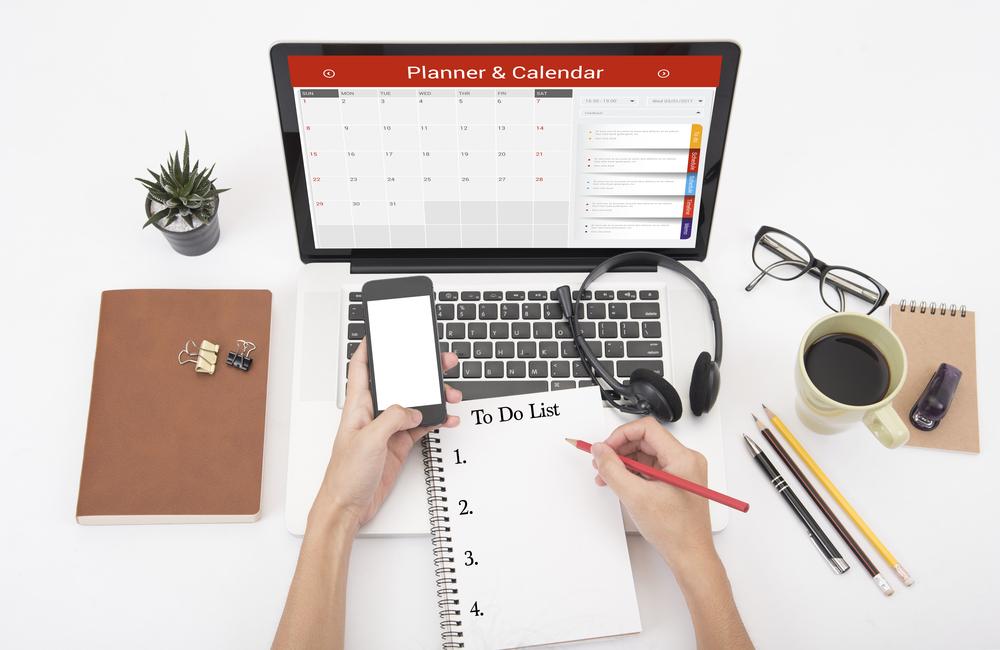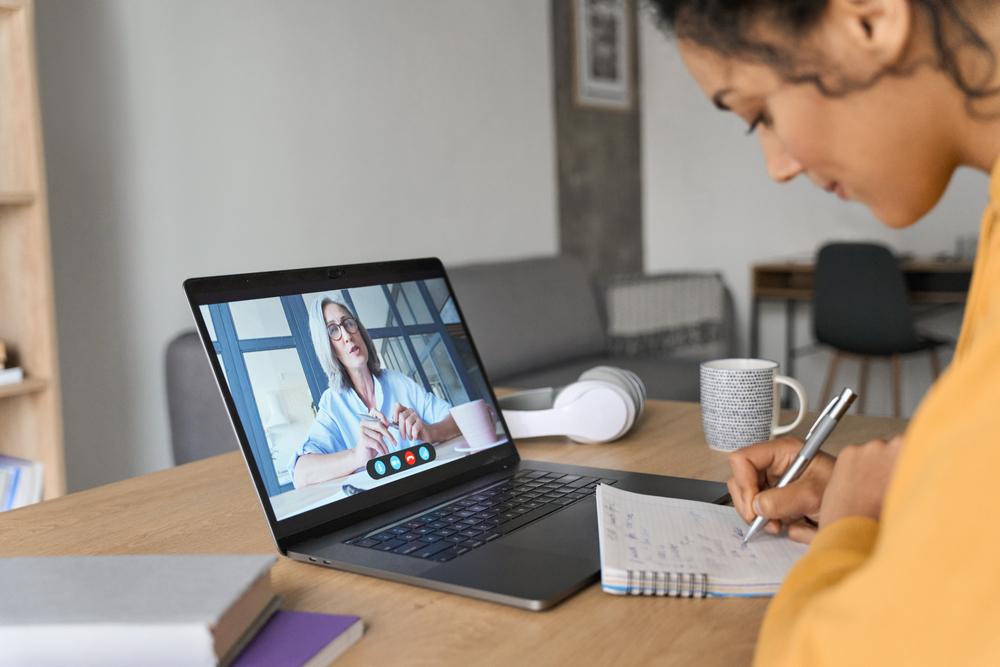Healthcare leaders have the privilege of caring for people in our community at some of their most vulnerable moments in their lives. As healthcare professionals, providing proper care to patients require more than just performing procedures and making a diagnosis. Instead, delivering information to patients is another important aspect of being in the healthcare sector. Plus, the information delivered has to be highly accurate and clearly communicated to avoid miscommunications as well as to build a healthy relationship between the doctor and patient.
Communication plays a crucial component in all areas of the healthcare ecosystem and that’s how the Occupational English Test (OET) comes into place. What is OET and why is it important to healthcare professionals?
We reached out to Consultant, Trainer & Coach, Julina Koay to share with us a little more in depth on OET and what inspired her to be an educator. Here’s what she said:

Trainer
& Coach
1Twenty80: What is the purpose of the OET?
Julina Koay: The Cambridge Occupational Test (OET) is the English language test for healthcare professionals. It assesses the language communication skills of healthcare professionals who wish to register and practise in an Englishspeaking environment (obtaining their certificate of full registration from the General Medical Council (GMC) or to attend specialised medical courses overseas).
Many organisations, including hospitals, universities and colleges, are using OET as proof of a candidate’s ability to communicate effectively in a demanding healthcare environment.

1Twenty80: Who is the OET for?
Julina:
OET is available for the following 14 professions:
- Dentistry
- Dietetics
- Medicine
- Nursing
- Occupational Therapy
- Optometry
- Pharmacy
- Physiotherapy
- Podiatry
- Radiography and Radiology
- Speech Pathology
- Veterinary Science
- Psychiatry
1Twenty80: How does the OET help healthcare professionals to be work-ready?
Julina: Many organisations, including hospitals, universities and colleges, are using OET as proof of a candidate’s ability to communicate effectively in a demanding healthcare environment. Candidates are personnel who are already working in the medical fraternity and the test very much relates to their daily practices.
1Twenty80: With the aim of improving healthcare communication, how does OET play a role?
Julina: The OET offers a platform for personnel to use the English language in their daily communication as a form of preparation for the exam. Plus, over the period of time, it helps to build confidence and expand their vocabulary as the jargon used targets all aspects of the profession.

1Twenty80: How is OET different from general or academic English tests?
Julina: The stark difference between OET and other English tests is that the exam focuses on the medical environment which encompass daily medical situations for which candidates are familiar with thus making it relevant and relatable. Other English language tests are designed to meet the specific requirements of the targeted authorities EG Cambridge offers Business English Test, Teaching Knowledge Test (TKT), Linguaskill test, IELTS, Cambridge Proficiency Test (CEFR: Common European Framework of Reference) and several others.

1Twenty80: Being an educator is a challenging job, how do you handle stress and pressure?
Julina: I can relate to this statement but let me assure you that being an educator is most gratifying and it offers me that sense of purpose in my life. I suppose some 40 odd years starting off, I felt pressured as I had to adapt, unlearn and relearn new knowledge and skills as I felt unprepared when compared to those senior educators, who could get learners chewing from their palms based on experience and exposure. Reminiscing those trying years, I can’t help but draw a smile for it really were the best years of my educational career. The exposure given helped me recognise a variety of nuances when handling learners from diverse backgrounds and levels of study.
To date, I can give a pat on my back for having the privilege of seeing through an uncountable number of learners who to date have achieved success in their own rights. Up until today, I am still in touch with several who are now married and residing all around the world. This is what makes my humble contribution meaningful.
Reminiscing those trying years, I can’t help but draw a smile for it really were the best years of my educational career.
1Twenty80: As an educator, how do you manage your time well?
Julina: Time is the essence of our daily living and I believe that one needs to initiate in making the best of it. Personally, I am a very disciplined and structured person. I always have a Things-To- Do list and would prioritise based on urgency. No task is less important than the other, thus it is crucial that we prioritise and complete accordingly. At times, my OET preparation sessions run till late in the night as some of the candidates are working and have a very tight schedule.

1Twenty80: What inspired you to be a teacher?
Julina: My late father was an English teacher and I have always aspired to be one since young. Attending a girls’ school, I used to admire my teachers who would walk in their high heels and dress prettily. I used to practice my board writing skill so I could be selected to assist my teacher in writing notes on the board (chalk and blackboard). I must admit that I would teach myself at home using the wooden cupboard as a blackboard and chalking notes on them. Through these all, I graduated as an educator with a MEd in TESL and went on to teach in several private, international schools and lectured at private colleges and universities. Later in the years, I went into corporate training and have trained about 200 organisations from multinationals to local. I am currently coaching Cambridge exams preparation and am well pleased with the outcome and hope to continue offering assistance and guidance to anyone preparing to sit for any Cambridge exams.

Time is the essence of our daily living and I believe that one needs to initiate in making the best of it. Personally, I am a very disciplined and structured person. I always have a Things-To- Do list and would prioritise based on urgency.
1Twenty80: What is your best memory as an OET teacher?
Julina: My best memory would be a medical candidate who attained good grades and was awarded with the OET Gold Standard and has been accepted by University College London Hospitals to do an adolescent fellowship. I must reiterate that I am truly blessed that 99 percent of candidates have attained the desired grade score in all the four components of the exam.













